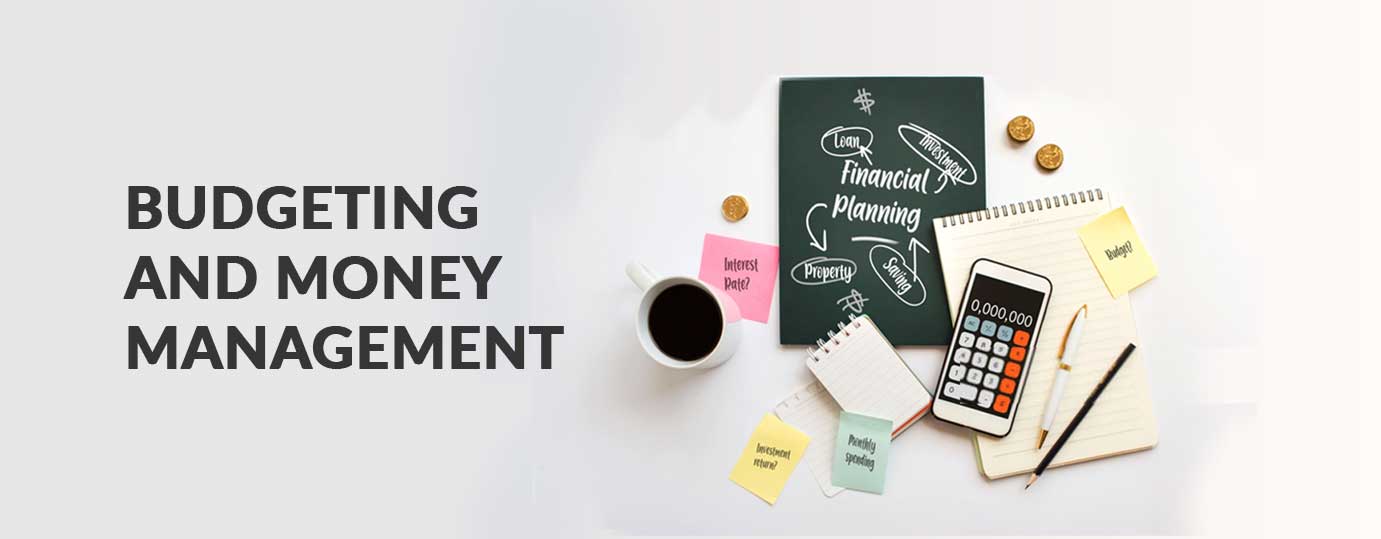Everything is all fun and the excitement lets you indulge until it is two weeks after pay day and you realize your funds are alarmingly low. Sometimes, you cannot quite track how you spent all that money.

Creating a plan of how you intend to spend money and sticking to that plan is an essential skill everyone needs. The process of creating that plan is the budgeting process. While a budget serves as a spending map, money management informs you of the items that will make up the map, as well as what percentages of your income to apportion to each line item.
The budgeting process also gives you an insight to determining if you are living above your means, prioritizing the wrong expenses, are on track with meeting your financial goals or whether you even have enough to meet up with your financial needs.
Before creating this plan, it is usually helpful to review your past spending behavior to determine what mistakes to avoid moving forward. Bank statements are a good reference point for this purpose.
A great way to begin the budgeting process is to sum up the entire income you will receive for the budget period. Although there is the steady credit alert source, you should also include other items like proceeds from a side hustle.

The next step is to list out your expenses. This could be grouped in 4 basic categories namely fixed expenses, varied expenses, periodic expenses and unexpected expenses.
Fixed expenses are those items which cost is the same for every month and you very likely have no control over them. They consist of items like Car payments, Mortgage, Loans, etc.
Varied expenses will consist of those things you have more control over. You can adjust the sum allotted to each, depending on your needs. Although this will differ from one person to another due to difference in earnings and responsibilities, some basic items will not change. They include things like feeding, transportation and utility bills.
Periodic expenses are those items that will likely occur at intervals. Expenses like school fees, rent, insurance payments, etc. fall into this category. Factoring them into your budget helps you plan ahead, especially if you do not expect to receive a bulk sum that will cover them at a later date.
Unexpected expenses are for when life happens. Things like medical emergencies, car repairs, home repairs, etc. make up these expenses. Saving a sum out of your income for this keeps you prepared. Financial advisors generally recommend saving ten percent of your income for this purpose, however, it could be less, depending on your earnings. On a brighter note, they remain yours for keeps if life preserves you on the sunny side.
After your expenses have been listed, the action to take is to match those expenses against your income and personal finance goals. If you consider the outcome as satisfactory based on an objective analysis, then you are on track. If not, there might be a need to adjust the items on your budget.

Instead of going off on a spending spree, it is always a great idea to fit your needs into the bracket your earnings permit. Those shoes may be purchased next month, the frequency of Sunday buffets can be cut down, maybe pop champagne once a month instead of every other weekend, etc. It is always a smarter approach to live within your means instead of keeping up with the joneses, especially if you plan to meet up with your financial goals.
Get the most out of your finances by acquiring money management skills.
